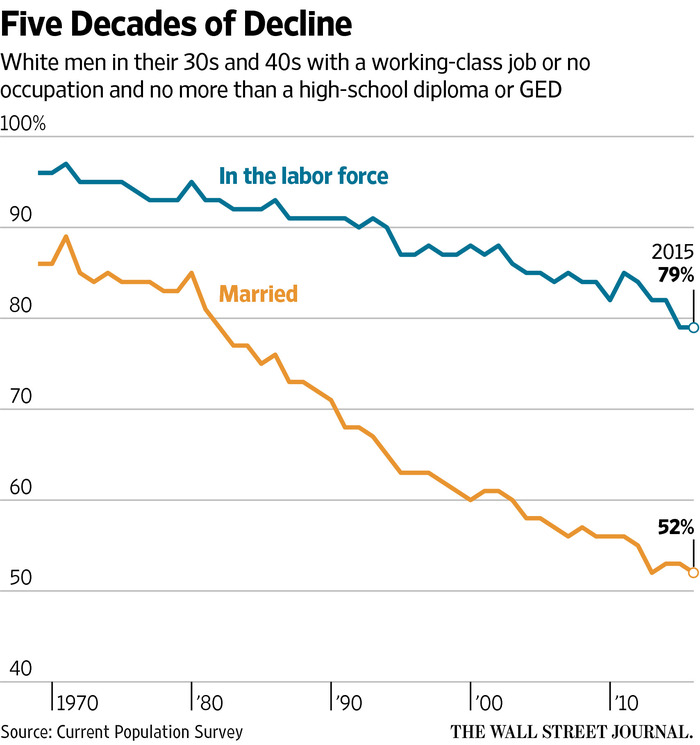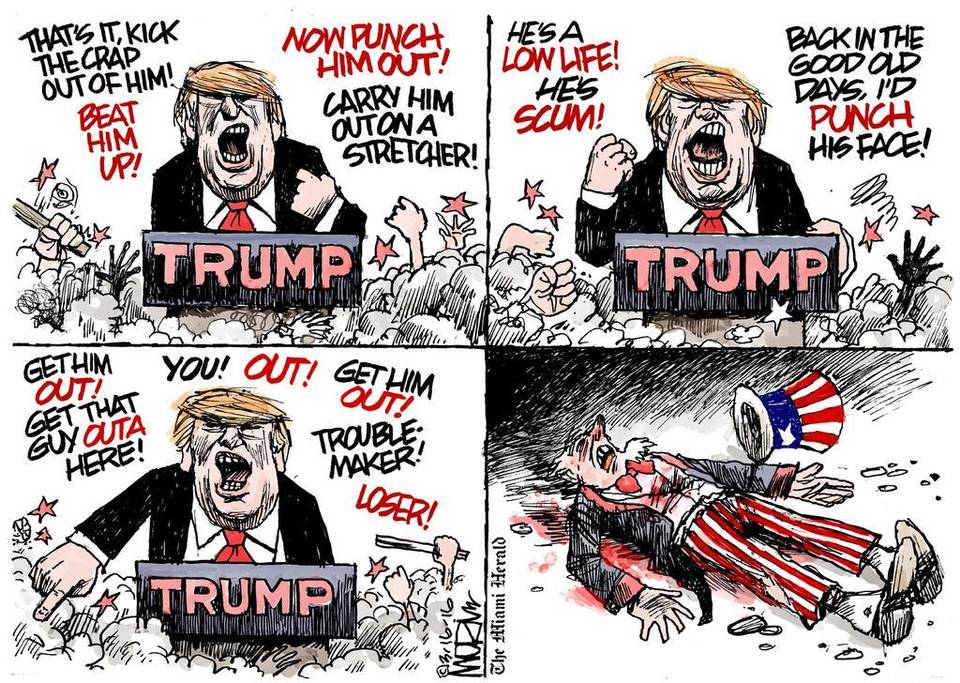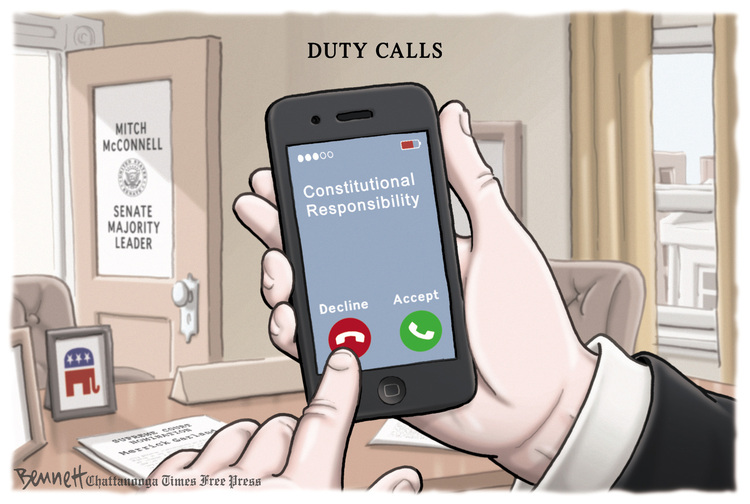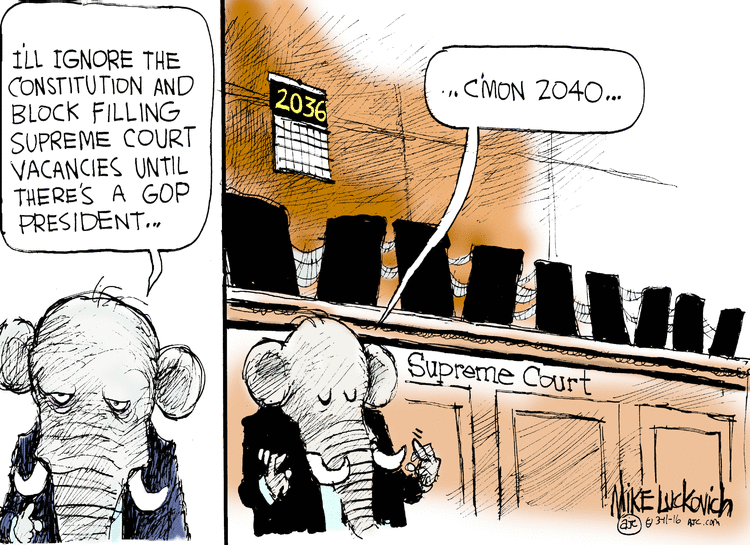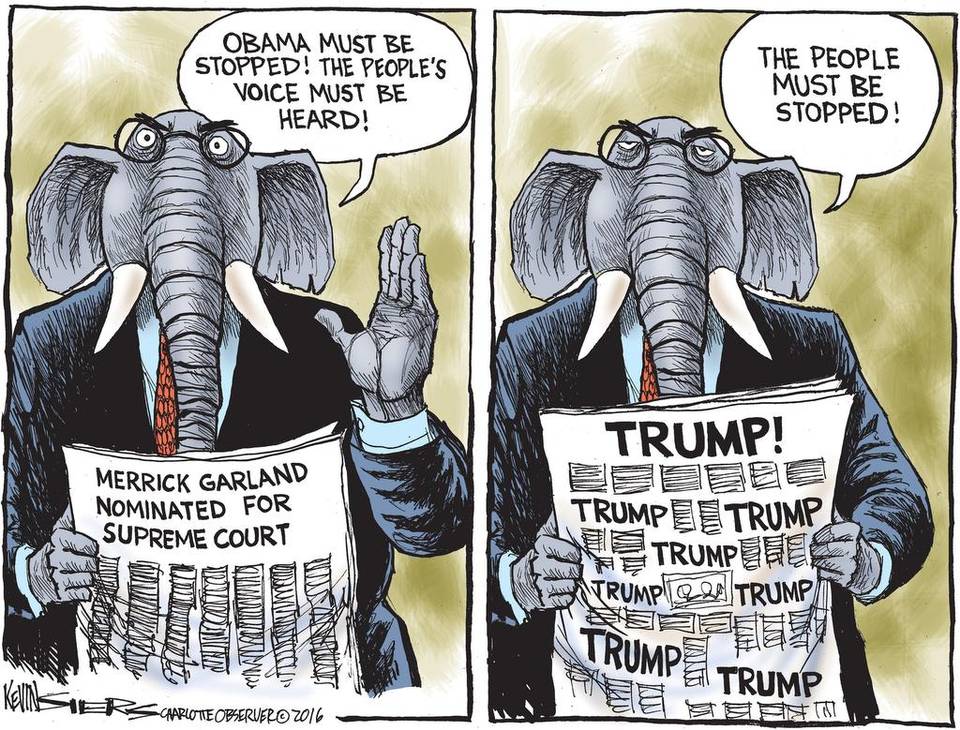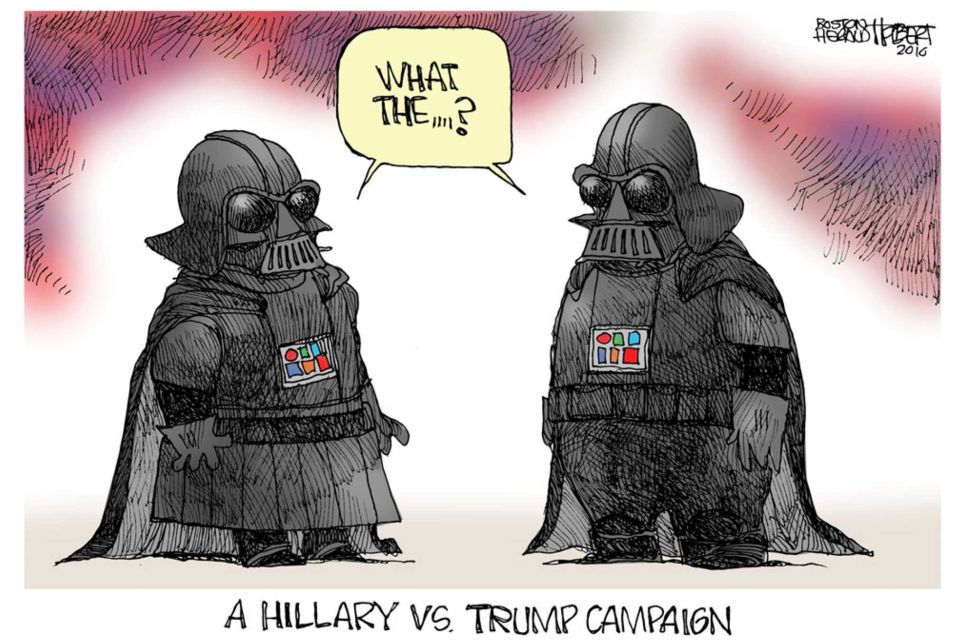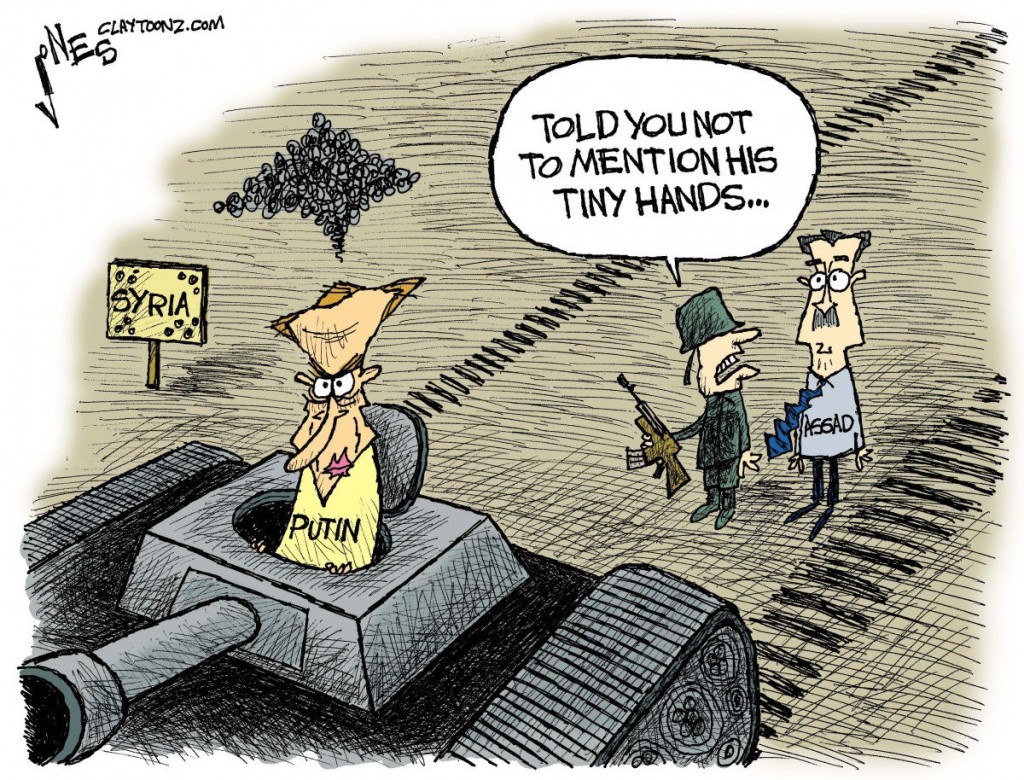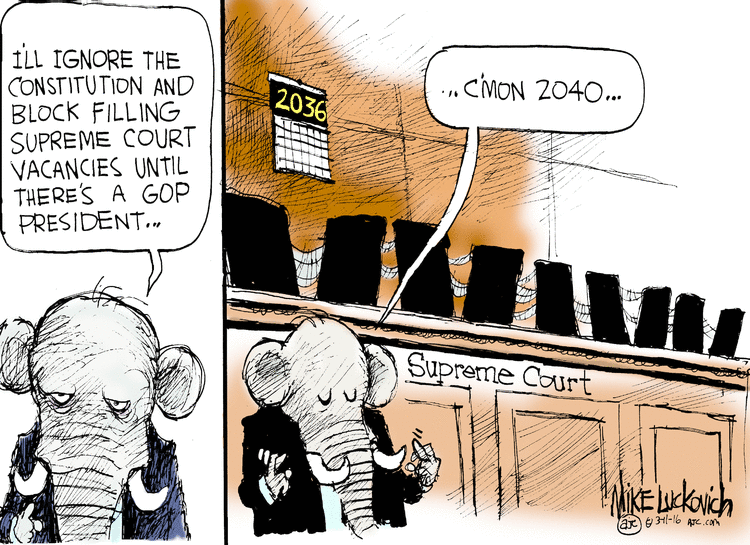(This is our second column about how the history of a progressive Democratic President has meaning today. You can read the first here)
America has never seen a presidential candidate like this before. Detractors point to his lack of political experience, his poor grasp of policy, his alleged autocratic leanings and his shady past. They believe this man without much of a political platform (but with interesting hair) has neither the qualifications nor the temperament to be president. Yet in defiance of conventional wisdom, he is leading his three main rivals in the race for the White House, and party bigwigs are at a loss how to respond.
No, it’s not Donald Trump. It’s Andrew Jackson, and the year is 1824.
We think of Jackson as the quintessential American populist, a president who took on the banks (well, one bank, the Second National Bank, yesteryear’s Fed). Jackson was a general in the Army, the guy who won the Battle of New Orleans against the British. He was a lawyer, elected into the House of Representatives, and a Senator from Tennessee, all before he was a two-term President.
So, not quite the same resume as the Short-Fingered Vulgarian.
Jackson was born in the backwoods of the South, his father died before he was born, and his mother raised him with the collective support of her family. He was the first member of his family to be born in the New World. He lost one brother in combat during the Revolution; another died as a POW. His mother died while nursing American prisoners. Jackson was, by today’s standards, a child soldier.
He was also the greatest war hero of his generation. And he once took a musket ball in the chest before killing a rival in a duel.
Can you picture Mr. Foul-Mouthed Comb-Over participating in a duel?
Jackson ran for president three times, winning a least a plurality of the popular vote each time. But in his first try in 1824, the election was decided in the House of Representatives, and the presidency went to John Quincy Adams.
Jackson was a fabulous campaigner. Tens of thousands flocked to see this charismatic outsider who positioned himself as a steadfast defender of the Republic. Jackson’s rallies dwarfed those of his rivals, yet he had plenty of baggage.
Jackson was, his rivals believed, more of a celebrity than a serious candidate. They learned a tough lesson, as are Trump’s Republican rivals today.
The dominant political party in 1824 were the Democratic-Republicans. It was the party of Thomas Jefferson. Founded in the 1790s, it believed in an agrarian-based, decentralized, democratic government. The party opposed the Federalists who had authored and ratified the US Constitution. By 1830, the Democratic-Republican Party had been split in two. Adams, in league with Henry Clay, favored modernization, banks, and federal spending for roads, which the Andrew Jackson faction (the Democrats) opposed.
We see a similar party split looming on both sides today. And there are other parallels. The 1820’s were a time of discontent, financial panics, threats of rebellion, and outbursts of violence. Both the agrarian and new industrial classes felt that the central government was either hostile, or indifferent to their needs. They felt that equal rights for all had been replaced by a plutocratic class who kept most of the benefits to itself.
Today, Jackson is less likely to be portrayed as the champion of the working class than as a big-time slaveholder and Indian fighter. His infamous policy of Indian Removal supported the confiscation of Native American lands and their eviction west of the Mississippi. This led to the “Trail of Tears” the forced removal of nearly 125,000 Native Americans from Georgia, Tennessee, Alabama, North Carolina and Florida.
There is a similarity between Jackson’s Indian Relocation act and Trump’s proposed “deport all illegal Hispanics” policy. A big difference between Trump and Jackson is that Jackson was pro-immigrant; he enjoyed political support in the cities of the North, particularly among the Irish immigrants who had recently arrived in the US.
Jackson started out with very limited resources, whereas Trump has inherited wealth. Jackson took on the greatest army in the world at the time, and won. Trump led pranks at his military high school.
Jackson worked his way up the political ladder and had considerable experience in government at local, state and national levels, while Trump ran one losing campaign, and is now embarked on a second.
Jackson was opposed to big banks, whereas Trump owes his success to the big banks.
2016 shapes up as a change election, like 1932, 1860 or Jackson’s in 1828. As in 1828, the Establishment Republicans may finally see what 40 years of promising their base one thing, and then doing exactly the opposite reaps.
That same threat is facing the Democrats.

